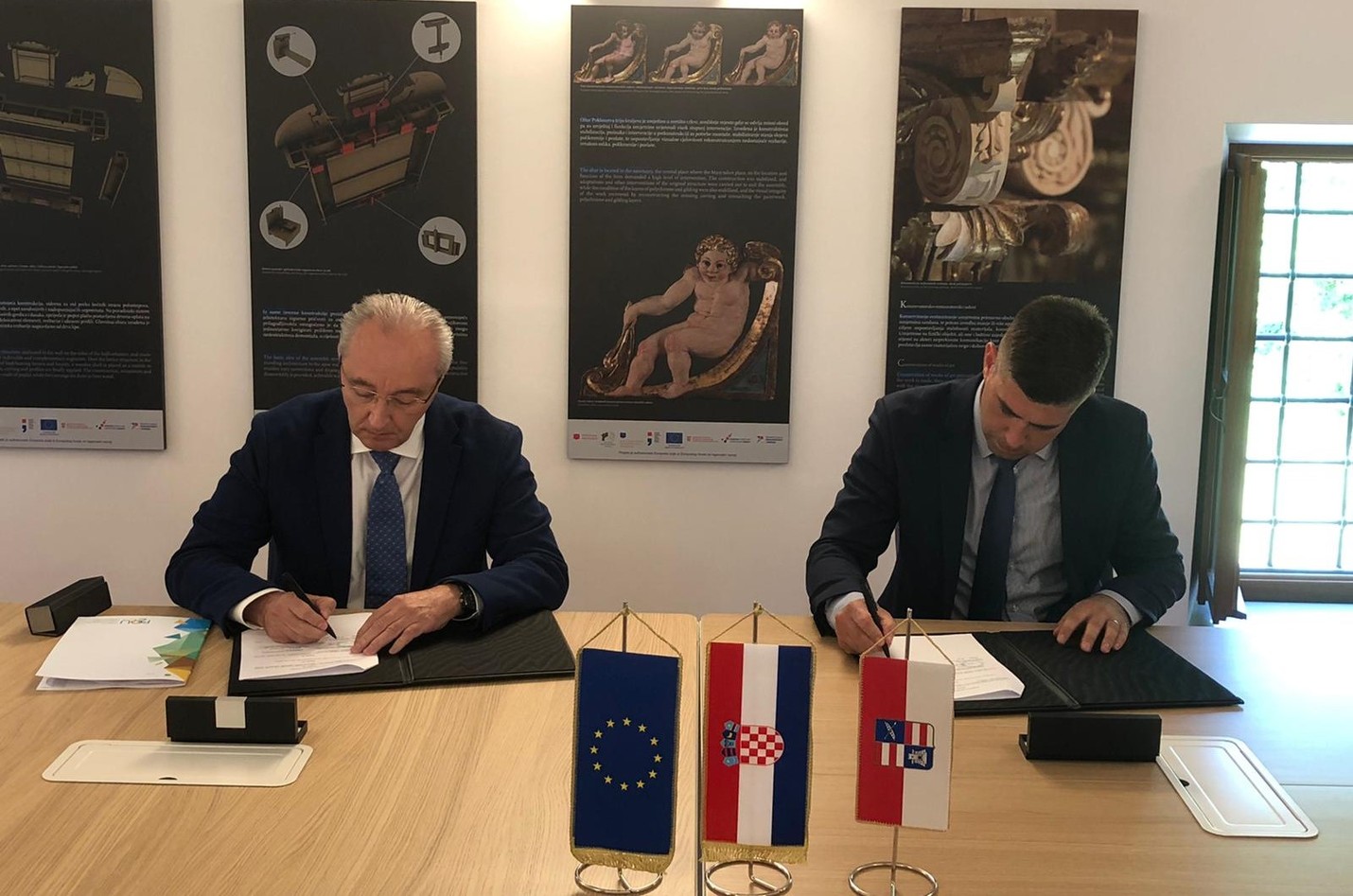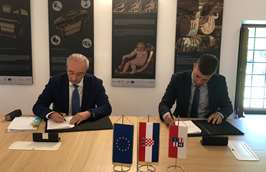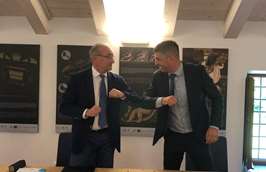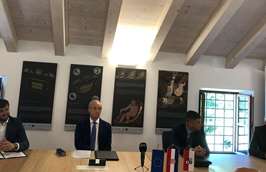30.06.2020.
The total value of the project is HRK 495m. EU funding will be used to co-finance 70 percent of eligible costs, i.e. HRK 287 million, the Fund provided almost 20 percent, while Dubrovnik-Neretva County, as the founder of the Waste Management Agency, provided 10 percent.
“This contract closes the financial package for the entire project, and will resolve the problem of waste disposal in Dubrovnik-Neretva County. The system of waste management is key in the Croatian environmental policy. Not only due to the obligations assumed under EU directives, but because we wish to preserve our natural resources and promote sustainable development,” said Kukić.
Minister of Environment and Energy Tomislav Ćorić said that the Centre was the high point of the waste management pyramid in Dubrovnik-Neretva County and, after the Pelješac Bridge, was one of the most important projects in the most southern part of Croatia. The minister also mentioned the obligation Croatia assumed, under which by the end of 2020 it has to separate 50% of the waste.
The Director of the Waste Management Agency, Josip Bačić, said that he was expecting building permits for three transfer stations; for one the main design was nearly finished, while location permits were pending for the largest stations in Dubrovnik and Metković, as well as the preliminary design.
Lučino razdolje, the Waste Management Centre for Dubrovnik-Neretva County, should be completed by the end of 2022 and start operation in 2023.
The Fund will continue promoting environmental protection projects, and by the end of the year it is planned to provide to businesses and units of local self-government more than 600 million kunas of grant funding, said Mr. Kukić, adding: “I will take this opportunity to remind you that a few years ago, the Fund launched public calls for energy renovation of family houses, and for installing photovoltaics to produce electricity in households. This week the Fund has launched calls for co-financing the construction of EV charging stations and purchase of electric vehicles. The units of local self-government will be interested in the calls for the Smart City projects, and the possibility to co-finance the purchase and conversion of public transport vehicles to run on alternative fuels, and the development of the related infrastructure.”









